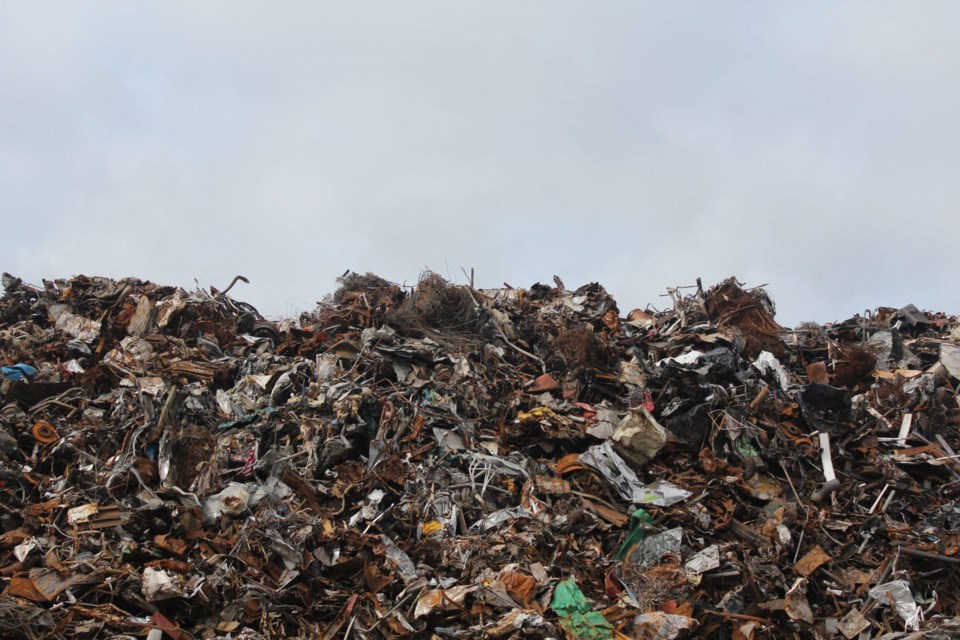Prior to last year, 75% of the city's waste processing was carried out in predominantly low income communities of color in North Brooklyn, South Bronx and Southeastern Queens.
The effects of that amount of waste processing exposed residents to high levels of dangerous truck traffic, elevated air pollution and environmental damage.
For over a decade community members, elected officials and the Waste Equity Coalition pushed for a waste equity bill, that was introduced and passed by Brooklyn Councilmember and borough president hopeful Antonio Reynoso in 2018.
Since its adoption, the bill has redirected 10,000 tons of waste away from overburderned communities to be processed elsewhere in the city, a new report by the Department of Sanitation shows. The reduction in capacity had real, tangible benefits like cleaner air and safer streets for communities across New York City, especially in low-income communities of color, Reynoso said.
He said the implementation of the law would not have been possible without the advocacy of frontline environmental justice communities and environmental advocates who, "refused to accept anything less than the clean air we are all entitled to."
"I grew up breathing the toxic air produced by trash trucks barreling through Williamsburg by the hundreds on a daily basis," he said. "When I became a council member, I committed to ensuring the next generation would not be made victim to the same environmental racism."
He said environmental injustice had been heightened by COVID-19 and he stood committed to fighting it across the city on behalf of marginalized communities.
The three communities this bill aided were home to 26 of the city's 38 waste transfer stations. In North Brooklyn alone that number was 38%. On top of redistributing the city's waste management, the bill also sets precedent for the fair share of distribution of burdensome and polluting facilities in New York City, Reynoso said.
Department of Sanitation Acting Commissioner Edward Grayson said when the Waste Equity Law was passed in 2018, "we all hoped it would help correct environmental injustices that have persisted in New York City for far too long."
"This report shows that while we have more to do, the law is working, and we are on the right track," he said.
Leslie Velasquez, of Brooklyn human rights organization El Puente, said prior to the law's adoption, the level of waste processed in North Brooklyn had resulted in disproportionately high levels of air pollution in the community, and as a result, high levels of asthma and respiratory disease.
"This law represents a major victory for the environmental justice movement and New York City's communities of color."




